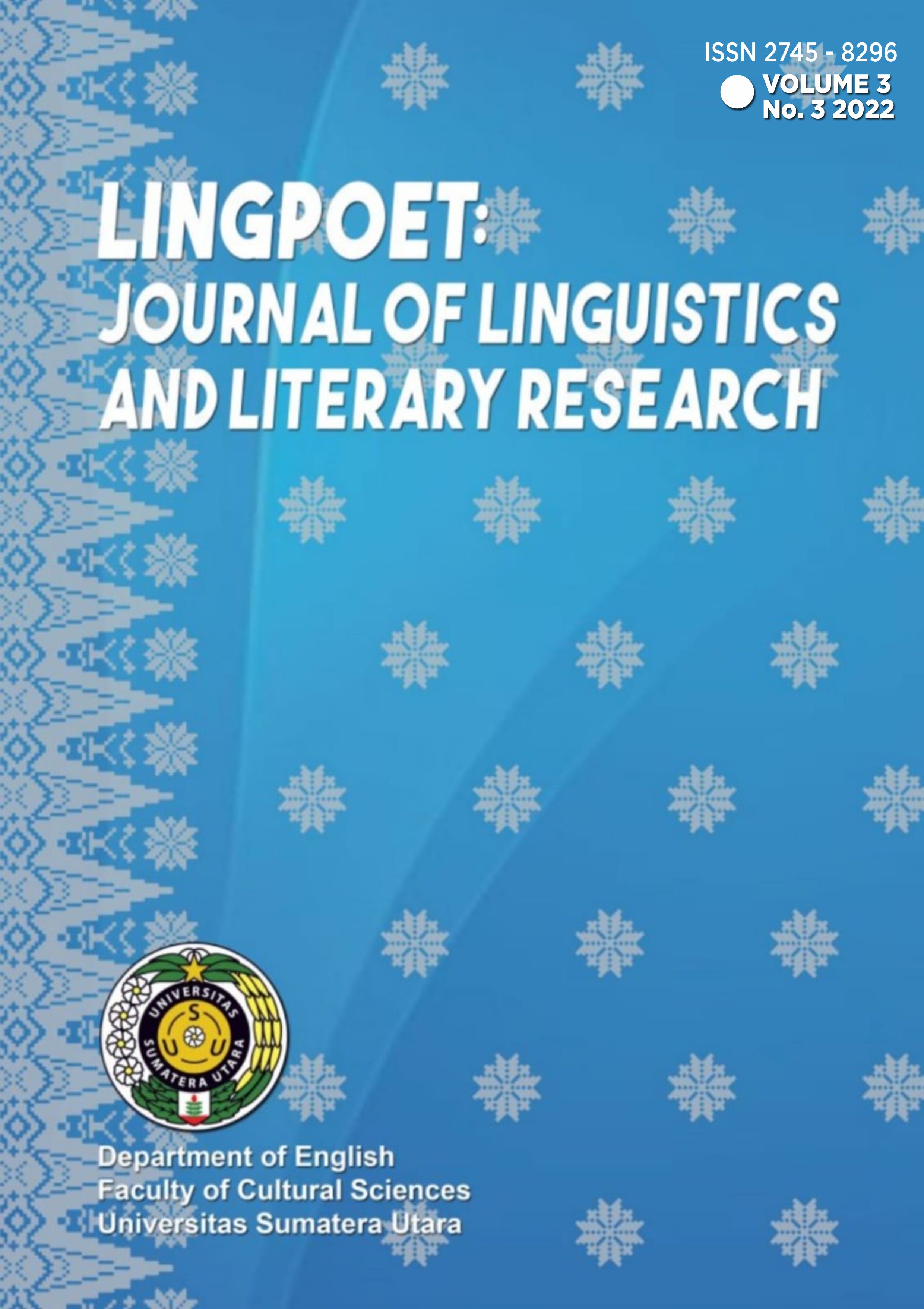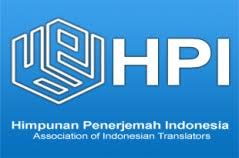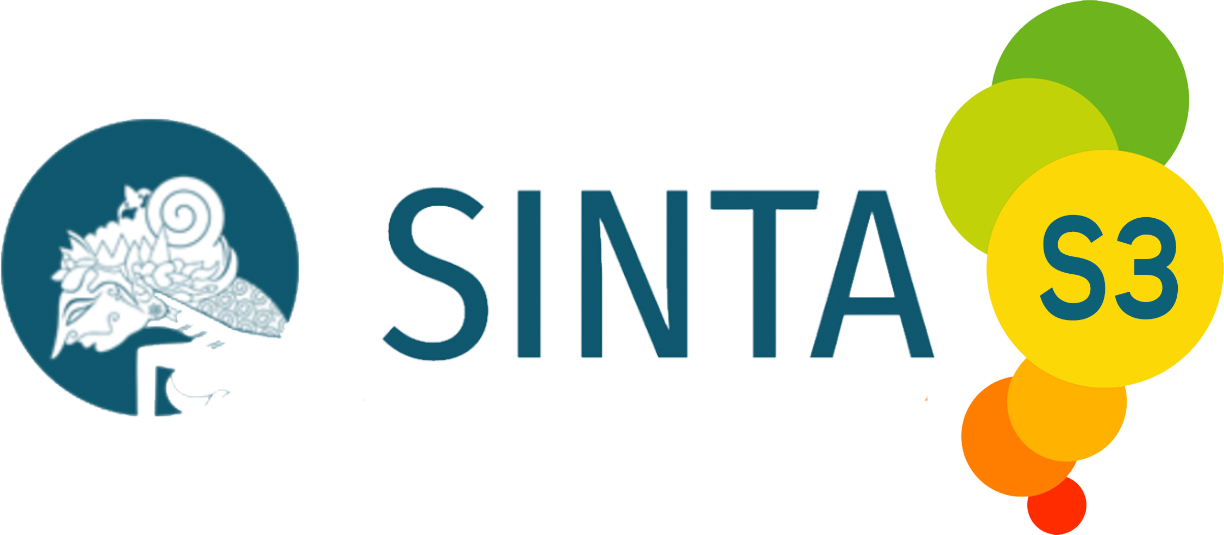The Analysis of Interpersonal Function in BTS’ Speech at UNGA 2020
DOI:
https://doi.org/10.32734/lingpoet.v3i3.8628Keywords:
interpersonal function, Mood types, Mood Structure, BTSAbstract
This article investigates the Interpersonal function in the speech by BTS at the 75th UN General Assembly. The objective is to find out the Mood types and to describe the Interpersonal function realized in BTS’ speech. Qualitative method is used in this study. The data were collected from the clauses in BTS’ speech at UNGA. Through this study, it is found that the Mood types in BTS’ speech at UNGA are Declarative mood (92,30%), Imperative mood (6,59%), and Interrogative mood (1,09%). The findings also revealed the dominant Mood types is Declarative which is used to share or to give information to the audience. For the Interpersonal function, it is realized through Mood structures which contains the Mood and Residue elements. Through Mood elements, it is found that there are Subject, Finite, and Mood Adjunct. While in Residue elements, there are Predicator, Complement, and Circumstantial Adjunct.
Downloads
References
M.A.K Halliday, An Introduction to Functional Grammar. London: Edward Arnold, 1994.
M.A.K Halliday and Matthiessen, An Introduction to Functional Grammar. London: Routledge, 2004.
M.A.K Halliday and Matthiessen, An Introduction to Functional Grammar, 4th ed. London and New York: Routledge, 2014.
S Eggins, An Introduction to Systemic Functional Linguistics. London: Pinter Publisher, 1994.
Linda Gerot and Wignell, Making Sense of Functional Grammar. Sidney: AEE Publishing, 1994.
Vincent Mbahawa Chefor, "Interpersonal Function in Paul Biya's 2018 French Inaugural Speech and its English Translation," International Journal of Systemic Functional Linguistics, vol. 2, no. 2, pp. 47-54, 2019.
Dou Chen and Zhao Shuo, "Analysis of Interpersonal Function in Speech - A Case Study in Obama’s WHCD Address," International Journal of Liberal Arts and Social Science, vol. 6, pp. 31-40, 2018.
Forisman Hulu, "Interpersonal Function in Martin Luther King Jr’s Speech," International Journal of Systemic Functional Linguistics, 2019.
M Amalia, D Subandowo, E Faliyanti, and F Thresia, "An Analysis of Domain Mood and Modality of Interpersonal Meaning in Susilo Bambang Yudhoyono (SBY)’s Speech," English Language Teaching Educational Journal (ELTEJ), 2018.
Anselm Strauss and Juliet Corbin, Basics of Qualitative Research: Techniques and Procedures for Developing Grounded Theory.: SAGE Publications, 2007.
D Ary, L. C. Jacobs, C. Sorensen, and A Razavieh, Introduction to research in education, 8th ed.: Wardsworth Cengage Learning, 2010.
M. B Miles, A. M Huberman, and J Saldana, Qualitative Data Analysis: A Methods Source book, 2014.
UNICEF. UNICEF. [Online]. https://www.unicef.org/lac/en/BTS-LoveMyself

Downloads
Published
How to Cite
Issue
Section
License
Copyright (c) 2022 LingPoet: Journal of Linguistics and Literary Research

This work is licensed under a Creative Commons Attribution-ShareAlike 4.0 International License.












